
Leena met her firstborn daughter 22 years after she was kidnapped as a baby. But it was not the reunion she had hoped for.

Leena met her firstborn daughter 22 years after she was kidnapped as a baby. But it was not the reunion she had hoped for.
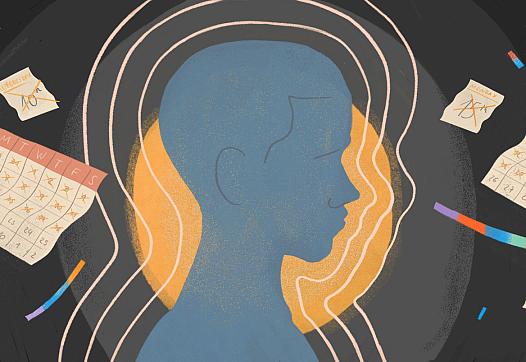
Data obtained by Reveal highlights how a patchwork system can be ill-equipped to tackle serious mental health episodes, leaving migrant children to bear the tremendous toll.
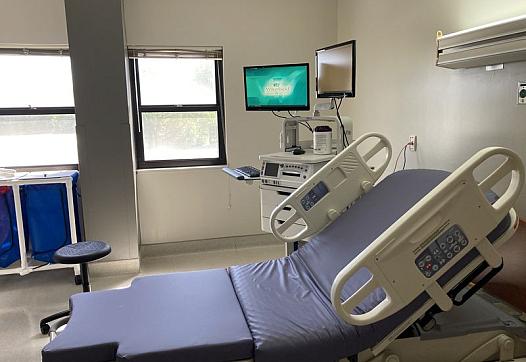
Black women have high rates of fibroids – which are one of the leading causes of hysterectomies. Women in rural areas may have a harder time gaining access to alternative treatments such as uterine fibroid embolization that are available at large hospitals or specialty centers.
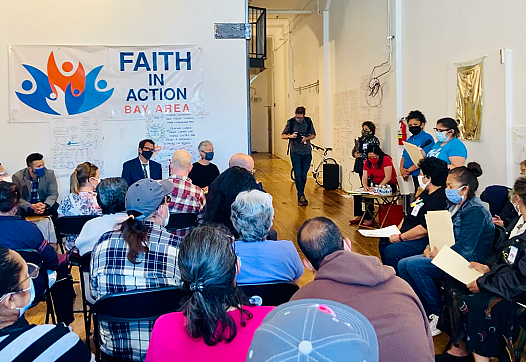
Eviction notices are going up, and the local program is being tapped.
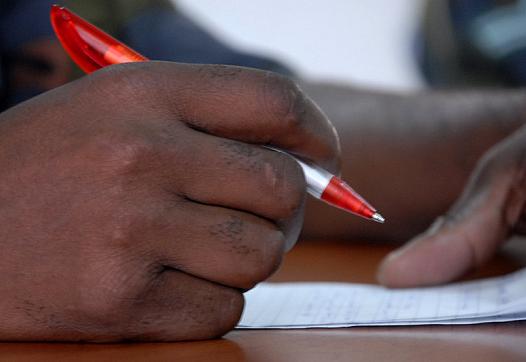
The Biden administration takes steps to ease the burden and protect consumers.
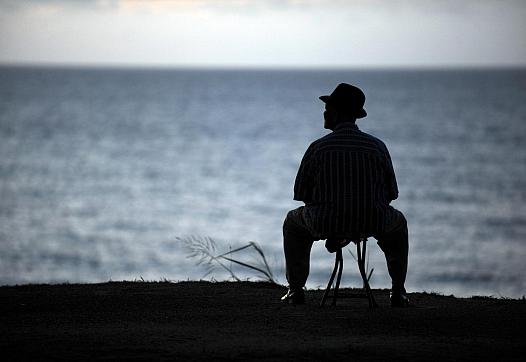
Instead of SSI, the AABD program continues on the island, with low federal aid and the obligation of state matching.
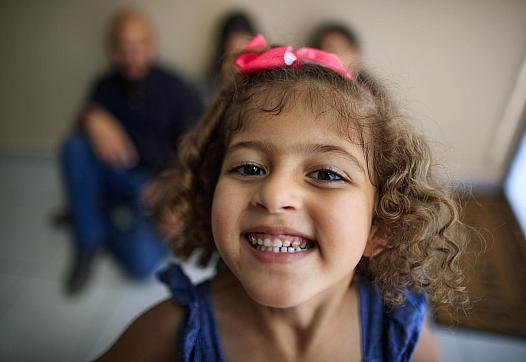
SSI brought a Puerto Rican family back from economic ruin when they most needed it, but they lost the help as soon as they returned to the island.
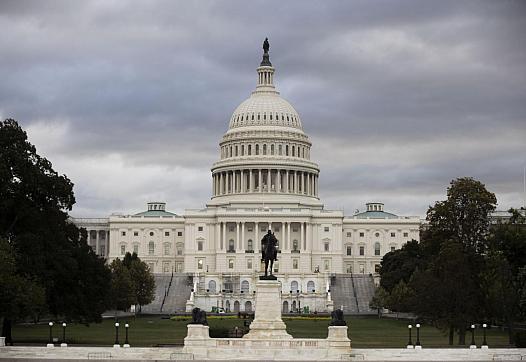
Three bills and Biden’s social agenda legislation wait for the House and Senate’s attention.
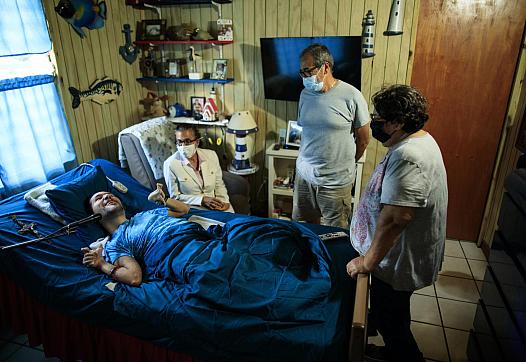
After the US Supreme Court decision on Vaello Madero case, Puerto Rico District Court lifts stay in two pending cases.
The reporting team uncovered nearly 3,000 students in the Richmond County School System are unaccounted for this school year.